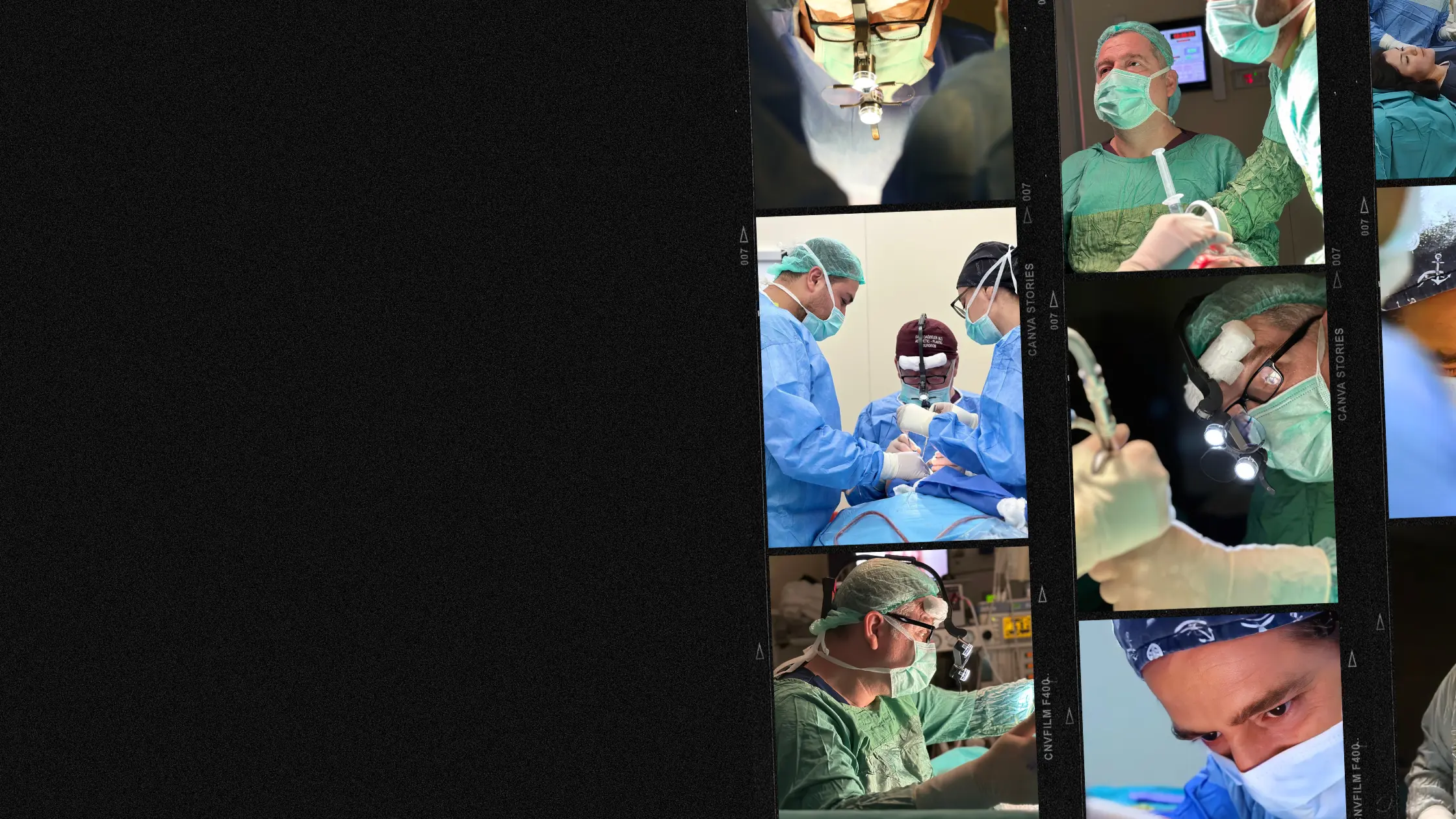“`html
Nutrition and Care After Revision Surgery: Expert Recommendations
Revision surgery presents unique challenges when it comes to recovery and care. This process requires tailored care plans especially in terms of nutrition to ensure optimal healing and successful outcomes. This paper explores the critical aspects of nutrition and care post-revision surgery, drawing on scientific knowledge and clinical experience to provide expert recommendations.
The Importance of Nutrition After Revision Surgery
Nutrition plays a vital role in recovery after surgery. Proper nutritional support can significantly impact the healing process, decrease the risk of complications, and promote overall health and well-being. Post-surgical patients often experience a metabolic increase in response to surgical stress, making adequate nutrition even more essential.
Macronutrients: The Building Blocks of Recovery
Proteins: Proteins are crucial for tissue repair and regeneration. A high-protein diet can help speed up recovery by fostering the repair of surgical wounds and supporting immune function. Protein-rich foods such as lean meats, beans, and legumes should be emphasized in the diet.
Carbohydrates: Carbohydrates provide the energy necessary for the body’s recovery processes. It is important to include complex carbohydrates, which provide sustained energy releases, to avoid exacerbating the metabolic demand created by surgery.
Fats: Healthy fats are necessary for energy and absorbing fat-soluble vitamins, which can enhance the healing process. Sources like avocados, nuts, and olive oil can be integrated into the diet.
Micronutrients: Vital for Healing
Vitamins and Minerals: Micronutrients like vitamin C, zinc, and calcium play essential roles in wound healing, collagen synthesis, and bone health. A multivitamin supplement may be recommended to ensure sufficient intake.
Care Strategies After Revision Surgery
Beyond nutrition, other aspects of care are important to consider for the holistic recovery of the patient. Effective postoperative care can significantly influence the short and long-term outcomes of revision surgery.
Physical Activity and Rest
Rest: Adequate rest is crucial immediately after surgery to allow the body to channel resources towards healing. Patients are advised to limit physical activity and adhere to their surgeon’s recommendations on activity restrictions.
Physical Activity: Gradual reintroduction of physical activity is advised once given medical clearance. Patients should start with light exercises and progressively increase their intensity to improve circulation and prevent muscle atrophy.
Monitoring and Follow-ups
Frequent monitoring and follow-ups with healthcare providers are critical. This ensures that any complications are promptly identified and managed. Regular check-ups also provide opportunities for adjusting treatment plans as needed for optimal recovery.
Special Considerations for Nutrition in Bariatric Revision Surgery
For patients undergoing revision surgery after bariatric procedures, nutritional care requires special attention due to altered anatomy and nutrient absorption. These patients are at increased risk for nutrient deficiencies and require vigilant nutritional monitoring.
A comprehensive nutritional evaluation should include assessing potential deficiencies in vitamins B12, D, and iron, with appropriate supplementation as needed. Moreover, a diet tailored to the specific surgical procedure and individual patient needs is necessary.
“The essence of postoperative care is to balance adequate rest with appropriate nutrition to enhance recovery and reduce the risk of complications.” – Dr. Fatih Dağdelen
Conclusion: A Call to Action
Nurturing the body with the right nutrients and adopting suitable care strategies are fundamental for recovery after revision surgery. Patients and caregivers must prioritize these aspects to achieve the best possible outcomes. If you are considering revision surgery or are in need of post-operative care, I encourage you to take the next step and schedule an appointment with us.
Visit our website to make an appointment: Make an Appointment.
For further inquiries, feel free to contact us via WhatsApp at +90 507 178 17 79.
“`
**References:**
1. Nirujogi VL, Zopfi K. Considerações nutricionais para cirurgia plástica em paciente após cirurgia bariátrica. Rev Bras Cir Plást. 2015;30(2):295–302. 2. Weng TC, Chang CH, Dong YH, et al. Anaemia and related nutrient deficiencies after Roux-en-Y gastric bypass surgery: a systematic review and meta-analysis. BMJ Open. 2015;5:e006964. 3. Xanthakos SA. Nutritional deficiencies in obesity and after bariatric surgery.


